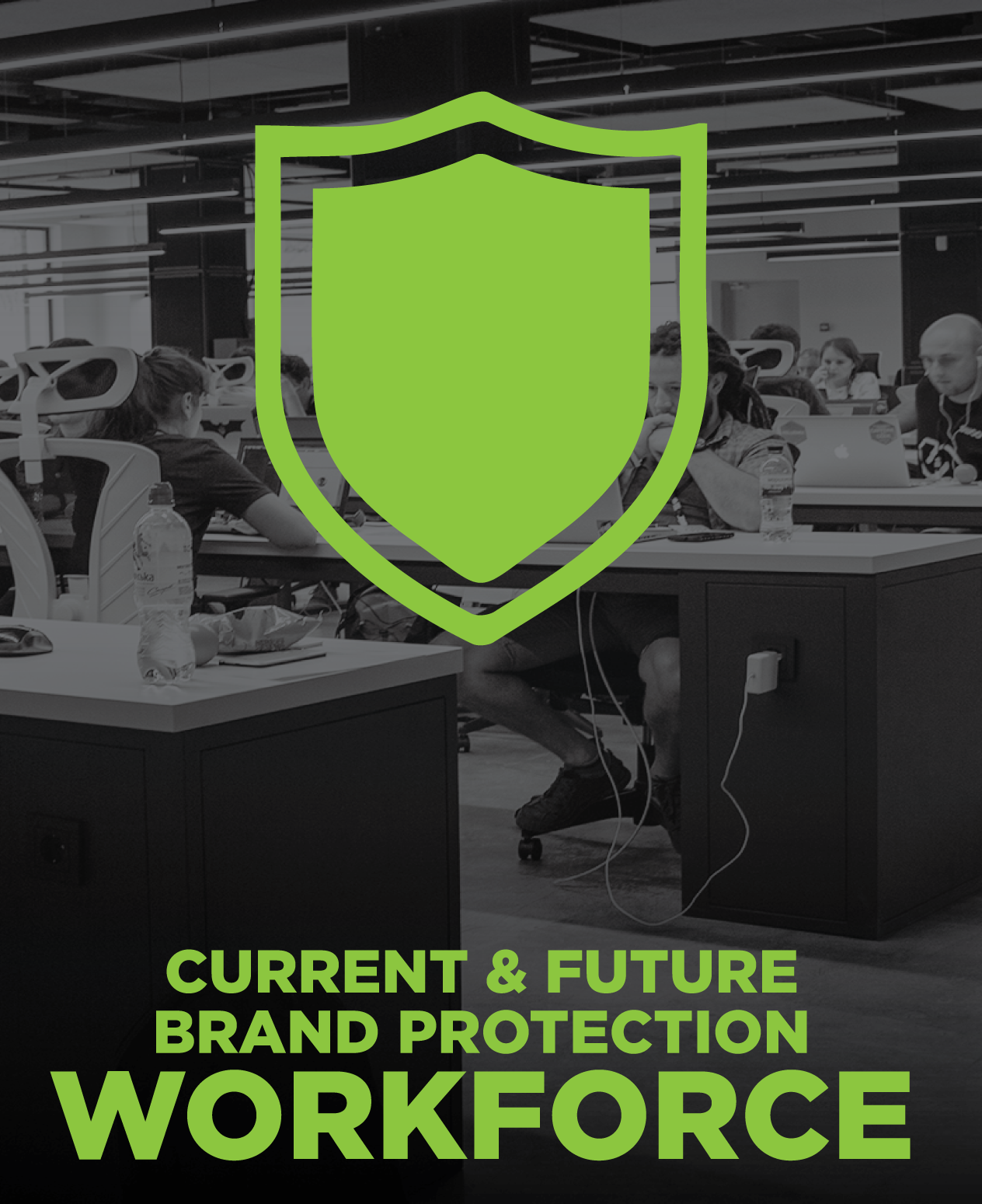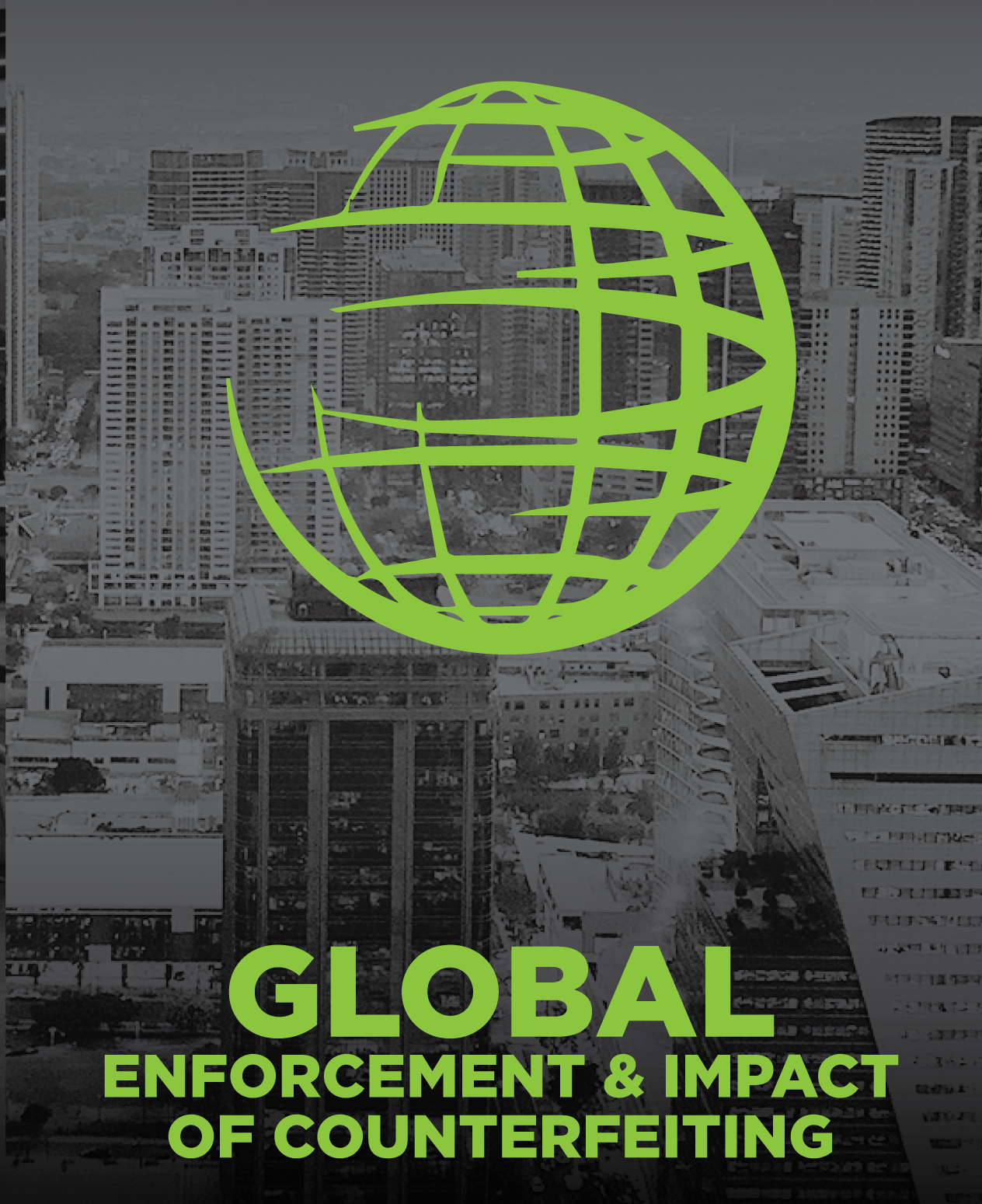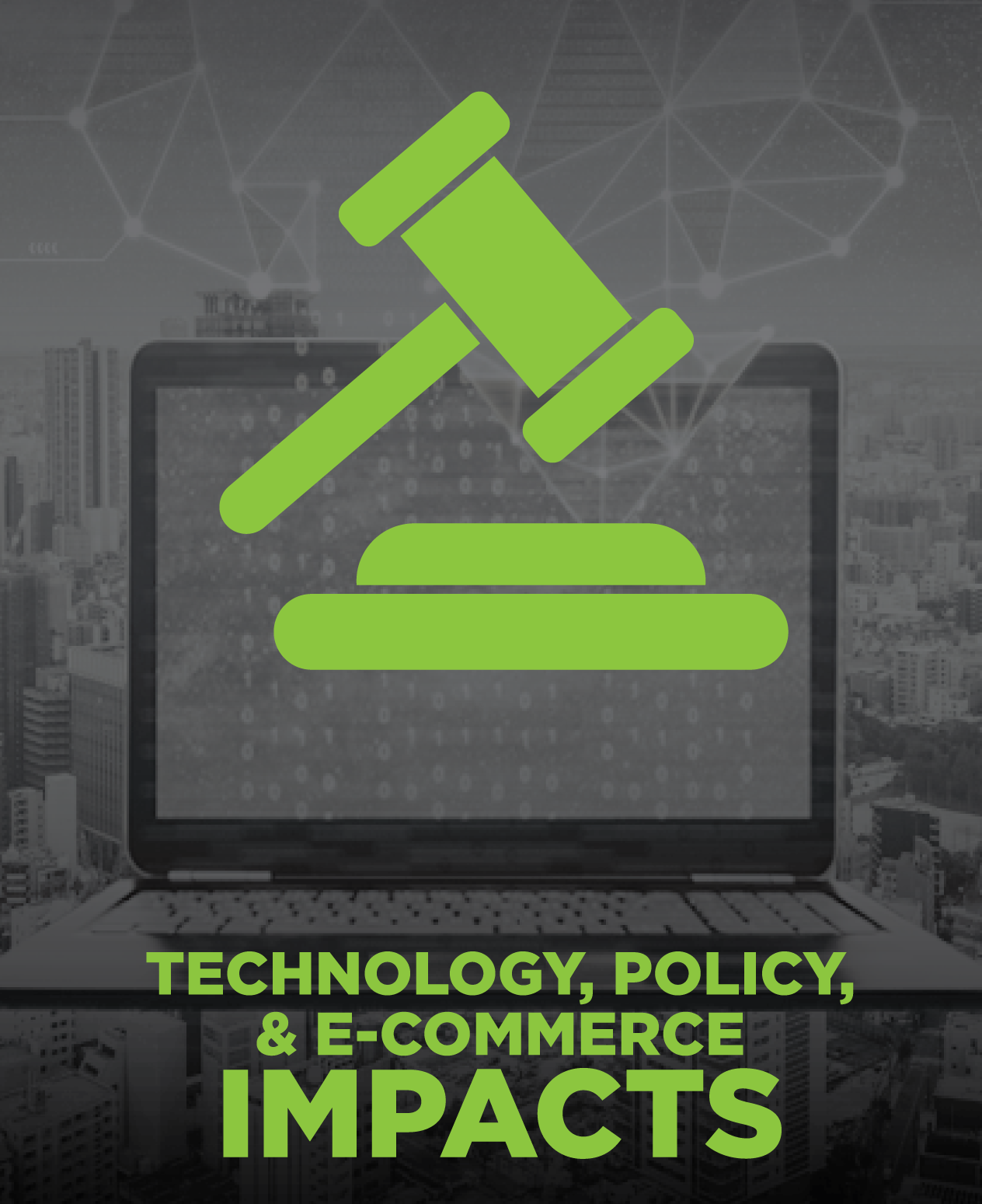REQUEST FOR PROPOSAL
Social Media
DUE JANUARY 31, 2025 5:00PM EST
The A-CAPP Center at Michigan State University is seeking proposals to fund research examining the role of social media influencers (SMIs) and social media advertising in the proliferation, promotion, and sale of counterfeit products and connected criminal activity via social and digital platforms.
The research must focus on a minimum of 2-3 industries and can span any discipline dealing with social media and digital media as it relates to trademark counterfeiting and brand protection.
The project can focus on one or more than one topic. The following is a non-exhaustive list of potential topics of interest.
- Scope of promoting counterfeit products by SMIs.
- SMIs’ motivations for promoting counterfeit products.
- SMIs’ awareness of the harms and legality of promoting counterfeit products.
- Consumer responses to SMIs’ promotion of counterfeit products.
- The role of algorithms and recommender systems in the proliferation of SMIs’ content promoting counterfeit products.
- Legal analysis of SMIs promotion of counterfeit products.
- Use of digital advertising and marketing strategies by counterfeiters to sell counterfeits on social media.
- Proactive and reactive strategies to mitigate counterfeiter advertising on social and digital platforms.
- Policy recommendations for regulating SMIs’ promotion of counterfeits and use of social media advertising by counterfeiters.
- Role and responsibility of social media digital platforms in curbing the prevalence of counterfeit-related content on their platforms.
Please note that proposals received that do not meet the eligibility requirements below will not be advanced to the evaluation step and not considered.
- The research must be independent and for the public good.
Must be independent with the goal to disseminate findings to the general public and brand protection community and improving awareness of counterfeiting and related issues and the knowledge base of strategies to address it through publications and to generate future scholarship. - The research must focus on a minimum of 2-3 industries.
Example industries include luxury brands, vaping and e-cigarettes, toys, pharmaceuticals, apparel and footwear, etc.). - The research team must have a primary investigator that is a faculty member (tenure stream or continuing system) hired at an institution of higher education.
Graduate students at the doctoral level can also apply in the capacity of primary investigator yet must include their faculty supervisor on the supervisor must provide a letter of support.
HIGHLY PREFERRED:
Interdisciplinary research teams will be given preference for this funding opportunity. Research teams can include non-academic members. Collaboration with industry and brand protection specialists is acceptable and encouraged.
Research teams with at least one current A-CAPP Center research council member will be given preference. For a list of current members, click here. - Budgeted expenses may only be direct costs
Allowed cost can include, but are not limited to, participant incentives, software/hardware purchase, research assistants, etc. Indirect cost (IDC) is not allowed. - No more than 10% of the total budget can be applied toward salaries
This includes all salary and fringe and contractual/consultant work. The majority of the budget should be allocated to programmatic activities for the research project.
Investigators can apply for funding in the amount ranging from $5,000 to $15,000 for a one-year project to begin in 2025. Award funding will be dispersed through the PI’s institution. The A-CAPP Center review committee can recommend funding for any project with a revised budget.
Proposals should be submitted as one single PDF file to acapp@msu.edu no later than January 31, 2025, 5 p.m. EST and include the following:
- Cover page outlining title, research themes, investigators, etc.
- Specific aims (maximum of 1 page) should include the following:
An introductory paragraph highlighting what is known, the gap in knowledge, and the critical need for the proposed research project.
A list of specific aims and hypotheses or research questions.
A brief description of the method (solution to the research problem). This section should also include a rationale for the research activities and how they will contribute to solving the research problem.
A summary paragraph that highlights the significance of the project, its broader impact as it relates to brand protection and anti-counterfeiting, and dissemination venues for research findings. - Project description (maximum 5 pages) should include:
A review of existing literature on the topic.
Description of the research methodology(ies) proposed to achieve each specific aim.
Future directions for this research project, which could include seeking other sources of funding for future studies/projects. - Project timeline that begins sometime in 2025.
- Budget and budget justification with the following:
The budget may only contain direct costs and must not have more than 10% in salary/fringe.
The budget justification should provide detail on each budgeted item. For example, if travel is a line item, details should include travel location, purpose, number of travelers, number of days, etc. with itemized costs. - Project personnel must include a list of investigators involved in the submission, along with a brief bio for each team member and role on the project.
- CV of each team member.
- A letter of support from the primary doctoral advisor of a doctoral student PI, if applicable.
Eligible proposals will be evaluated based on the following criteria[1]:
- Criterion 1: Assessment of Project Aims and Outcomes:
1.1 Originality of the proposed project and aims
1.2 Relevance to anticounterfeiting and brand protection academic literature
1.3 Relevance to brand protection professional field - Criterion 2: Assessment of the Research Methodology
2.1 Quality of the proposed research activity(ies)
2.2 Appropriateness of the methods used to address the research problem
2.3 Methodological rigor
2.4 Coherence and proper justification
2.5 Clarity of the description
2.6 Completeness of the description - Criterion 3: Feasibility & Personnel
3.1 Appropriateness of the timeline
3.2 Appropriateness of the budget and the budget justification
3.3 Suitability of the personnel expertise to support the research activity
3.4 Diversity of perspectives and backgrounds of the research team
3.5 Interdisciplinary nature of the research team
A team of A-CAPP staff and members of its Industry Advisory Board will review all eligible proposals. Investigators will be informed about the outcome of their proposal submission review by March 7, 2024. The award will be finalized through an executed award agreement letter through the PI’s academic instutution. Funded projects will be announced shortly thereafter at the 2025 A-CAPP Center Brand Protection Summit, on the A-CAPP Center website, and digital channels.
This funding opportunity encourages the transfer of knowledge and sharing of findings from the successfully funded projects through academic and industry venues (conferences, academic journals, trade journals, etc.). Investigators of funded projects commit to disclose funding on any published material from this submission using the following statement: “This study was funded by Michigan State University’s Center for Anti-Counterfeiting and Product Protection (A-CAPP). The A-CAPP Center had no role in study design, data collection and analysis, decision to publish, or preparation of the manuscript.”
The award funds will be distributed through the research team PI’s academic institution through the award agreement noted above. PI’s are responsible for ensuring their institution’s contract and grant policies and procedures will allow such.
Investigators are required to submit the following at the end of the project
- A brief white paper (3-5 pages) summarizing the project and its main findings to be disseminated through A-CAPP Center digital channels (e.g., website, social media, etc.).
- A presentation to the A-CAPP Center Industry Advisory Board.
- A presentation to the A-CAPP Center Brand Protection Annual Summit (2026).
- A summary budget report on the project expenditures. This report should list the total costs for each budget category defined in the approved budget.
Investigators, if not already, will be invited to be a part of the A-CAPP Center’s Research Council.
For any research or program related questions, please contact Dr. Saleem Alhabash, Associate Director of Research: sa@msu.edu.
For any application and/or budget related questions, please contact Sara Heeg, Operations Strategy Manager: heegsar1@msu.edu.
[1] These criteria were adapted from Hug, S.E. & Aeschbach, M. (2020). Criteria for assessing grant applications: A systematic review. Palgrave Communications, 6 Article Number 37. Accessed: https://www.nature.com/articles/s41599-020-0412-9



